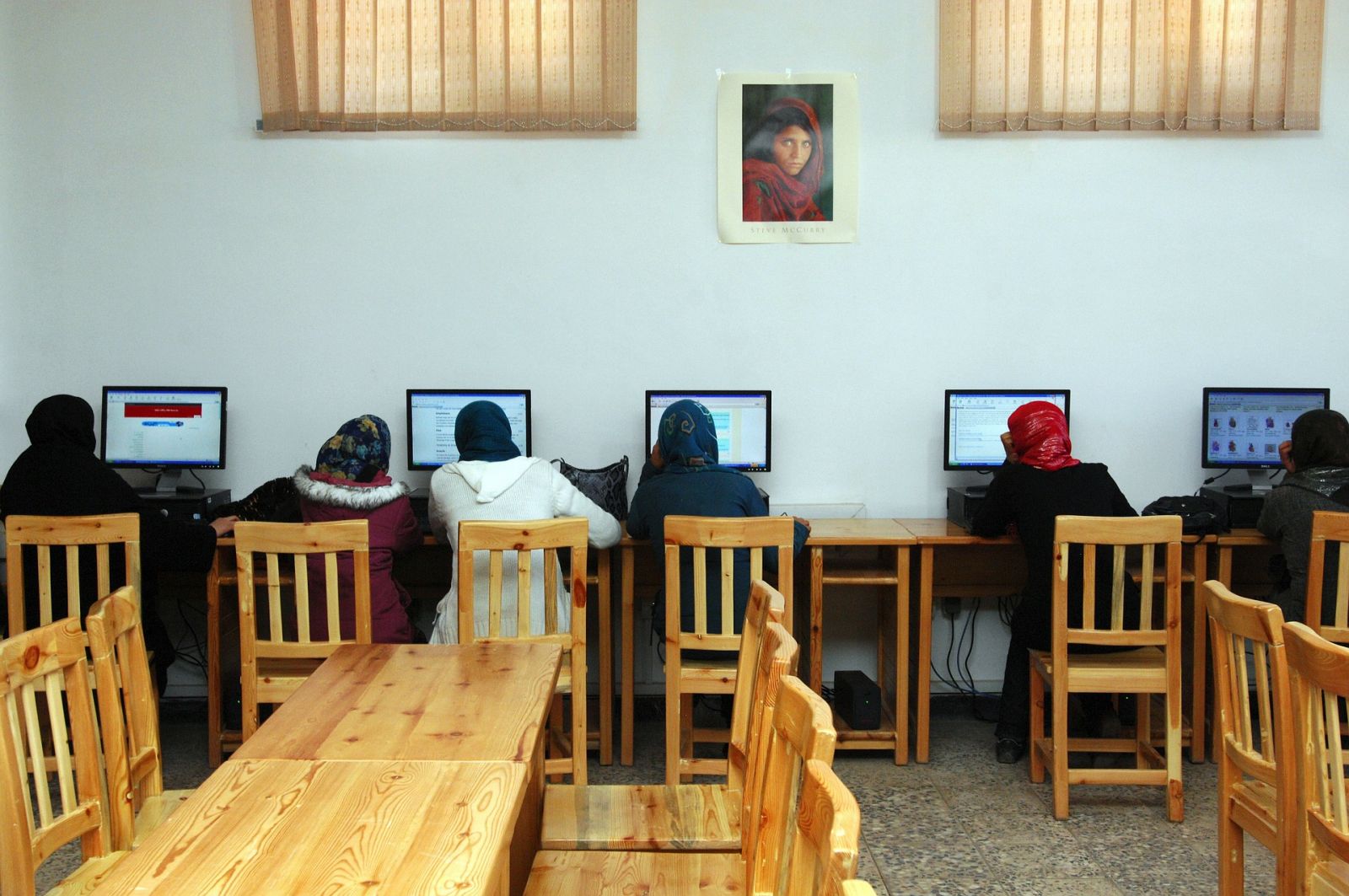The right to education for Afghan students
Prof. Francesca Longo, who serves as Rector’s Deputy for internationalization at the University of Catania, makes a speech about Afghan students:

August 31st, 2021
Afghan girls and boys who have been accepted by Italian universities and signed up for degree courses in Italy are stuck in their home country. UNICT has been receiving messages from female students who have been rejected a visa by the Italian embassy preventing them from starting the training course they applied for. Their applications for study purposes get rejected while they also write about enormous difficulties too in trying to get to the final stages of the evacuation process to flee Afghanistan from Kabul airport.
For many of them, especially female students, this means that the possibility to access education is absolutely denied to them. It is urgent to end all that in a joint national effort with the MUR, the MAECI and the Ministry of Defence. They should try to make an action plan for them to be allowed to fly to Italy and start the training programme as agreed.
Understandably, Afghan citizens who somehow were actively involved in peacekeeping missions, have been and still are at the centre of our concerns. The protection of Afghan students, and that of female students above all else, comes first and cannot be postponed any longer, nor underestimated. The right to education, as a right per se, must be ensured to everyone, without exemption, which is why it needs to be protected through proactive and inclusive policies even throughout emergency situations.
Italian universities, including UNICT, are ready to do their part. However, the need to identify ways for all of us including national bodies to open up Humanitarian Corridors is increasingly stronger. The right to education must be understood as a universal right, which is not an option.
The effort made by the Italian university system in recent years to attract overseas students has resulted in a real increase in international students from Asian countries. A research carried out by CIMEA has shown that over the last two academic years, despite mobility problems deriving from the pandemic, enrolment applications by international students for Italian master's degree courses have significantly increased and most of them come from the Asian region .
Scholarships, cooperation and exchange programs, internationalization of teaching and services, have certainly made all that possible and there's no turning back from it. The enrolment of overseas students from foreign countries that Italy pledged itself to has to remain a top priority on our agenda.
The CRUI and all the rector’s deputies including those for International Relations of all Italian universities, have been working closely with the MIUR and with the Joint Operational Committee (COI) in order to confirm figures and situations. Security conditions are getting worse with the upcoming end of the evacuation process, which is why we do need to take further steps towards humanitarian corridors that may reaffirm the right for Afghan students to enter Italy. To study is not a privilege, it is a right.
Prof. Francesca Longo
Rector’s Deputy for internationalization at the University of Catania
Original language version here